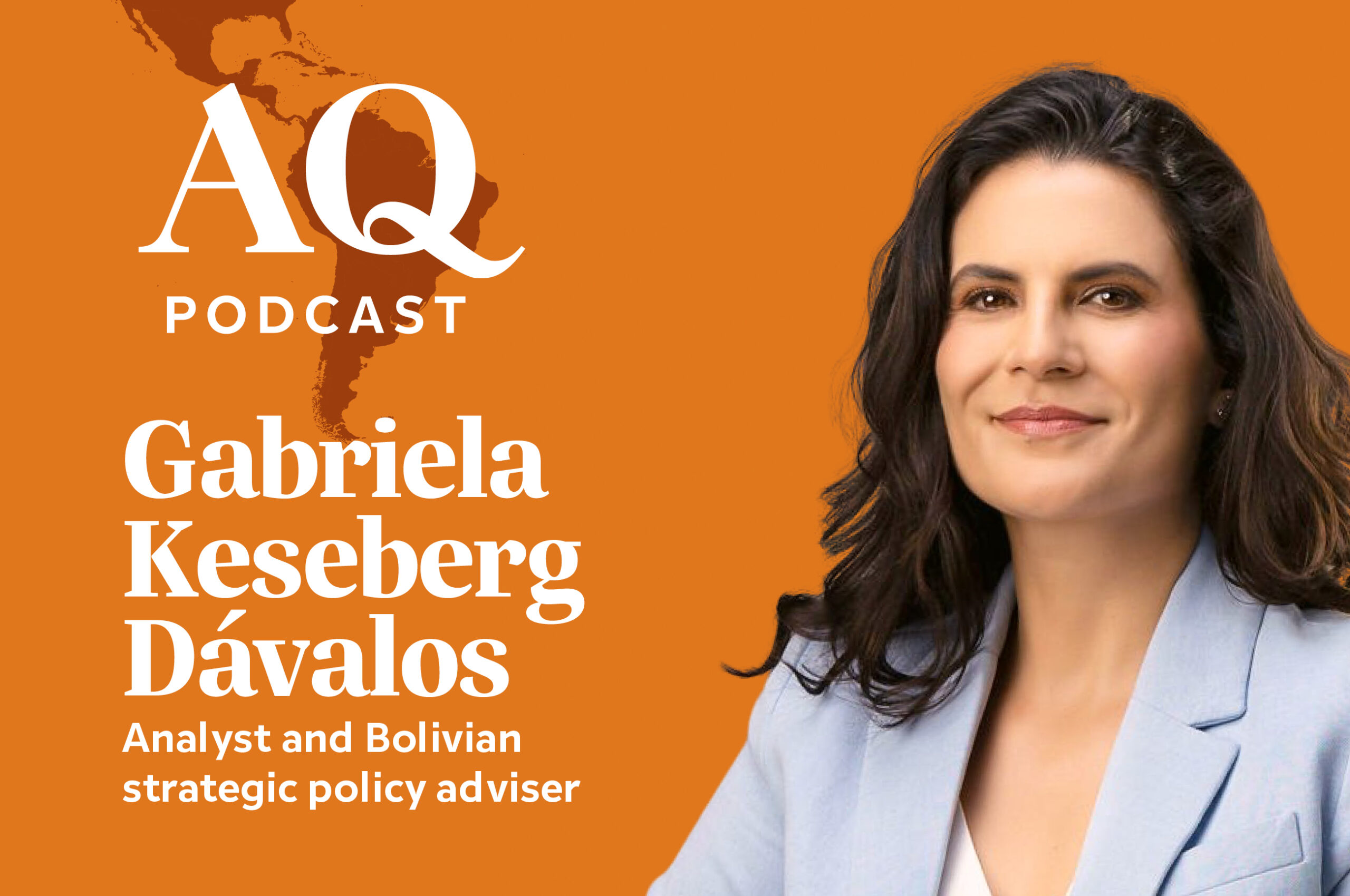Mounting Prospects for an Unprecedented Emerging Market Debt Crisis
Mounting Prospects for an Unprecedented Emerging Market Debt Crisis
"Solving debt crises is not a zero-sum game. All sides must give ground to succeed," writes AS/COA’s Chairman Emeritus William R. Rhodes in FPA's Great Decisions.
As the world continues to grapple with the COVID-19 pandemic and its impact on the global economy, it seems that this unfolding health and social crisis will be with us until we have both an effective treatment and a vaccine. As governments battle the consequences of this disease, Winston Churchill’s words from 1942 echo, “This is not the end, it is not the beginning of the end. It is perhaps the end of the beginning.” Search for a vaccine is engaging many of the smartest scientists from Oxford to Harvard to laboratories worldwide. Teams are rushing to test possible solutions; perhaps we will have a breakthrough, but it will take time. The next 12 months are critical in the race to find both an effective vaccine and treatment. As the coronavirus continues to mutate, scientists will be challenged by its changing nature. Advances in current scientific research give hope that a targeted therapeutic intervention may be in sight. Unfortunately, this pandemic and its economic fallout will cause the greatest emerging market financial crisis in memory.
The negative impact of the COVID-19 pandemic’s health and economic fallout are already being felt in many emerging market countries worldwide, such as Argentina, Ecuador, Lebanon, Zambia, Tanzania, Caribbean countries, and many other countries to come. This will spark hugely damaging debt defaults in both the sovereign and private sectors, thereby delaying recovery and rebuilding. Most emerging market countries borrowed heavily both from international private sector lenders and from official governmental institutions, mostly in foreign currencies such as the dollar and the euro. Now they are facing a stronger dollar and a stronger euro and rising debt service costs at a time of increased economic difficulties and capital flight. The question here is what needs to be done to mitigate the fallout from this crisis which could become both a health and an economic disaster.
We must start preparing for this right away. How can we best deal with this emerging markets debt crisis? The International Monetary Fund requires additional resources, as it now faces not only immediate requests for fast-disbursing loans from 100 countries—the most in its history—but also a large number of follow-on loan requests from these countries in the coming months. The United States has resisted an increase in IMF Special Drawing Rights, which is needed to augment the capital available for lending. Without the support of the United States, the IMF risks being unable to respond financially on the scale that will be required. The United States needs to recognize that the IMF performs an essential emergency response role at an extremely low cost to U.S. taxpayers...









